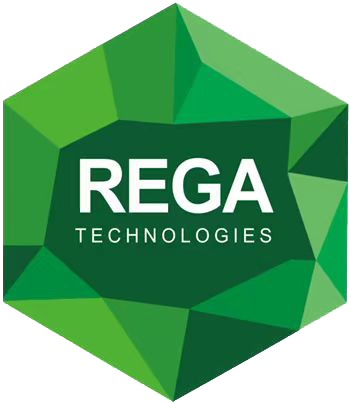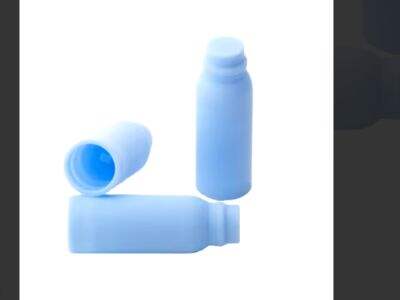Medical devices are tools that help doctors treat people who are sick or hurt. These are devices that have to be built very carefully in order to work well and keep patients safe. Sealing is an essential part of medical device manufacturing. Sealing helps the devices maintain their proper function. We’ll find out why sealing solutions well is important in medical devices, and we’ll examine the top ten devices for which it’s important.
The Importance of Sealing in Medical Devices
Sealing acts as a sort of special glue that binds together different components of a medical device. If the seal is bad, the device may not function as it is supposed to. This can be catastrophic for the patient. Effective sealing means medical devices are safe and effective in transforming people’s lives.
10 Medical Devices that NEED To Be Properly Sealed
Insulin pumps: These are used by people with diabetes to help manage blood sugar by delivering insulin. Proper sealing prevents leaks and allows the pump to operate properly.
Heart monitors: These assist doctors in monitoring a patient’s heartbeats. Good seal ensures monitor's and important interior parts protection.
IV infusion pumps: These are used to infuse fluids and medication into patient’s bloodstream. Good sealing rope means no leaks and all-around safe.
Ventilators: Ventilators aid breathing in people who cannot breathe for themselves. Dependable sealing maintains the proper air pressure and flow.
Blood pressure monitors: These monitor a patient’s blood pressure. Proper sealing ensures accurate readings and prevents leaks.
Surgical instruments: These are tools that doctors use during surgery. The good seal keeps the items sterile and germ-free.
Ultrasound machines: These devices employ sound waves to generate images of the body’s interior. A well-sealed drum keeps the machine’s parts safe and helps you to make clear images.
Thermometers: These gauge body temperature, a key sign of health. Sealed thermometers are safe and reliable.
Defibrillators: These deliver an electric shock to the heart to restore normal heartbeat during an emergency. And good sealing helps the device hold up when it’s needed.
Blood glucose meters: These are used by people with diabetes to test their blood sugar at home. Rubber sealing prevents contamination and provides accurate readings.
Sealing Implications for Medical Devices
All of this is very important for how medical devices actually work. Sealing also ensures that there is no leakage, contamination, or damages, ensuring that the devices are accurate and safe for patients. Lack of proper sealing can cause medical devices not to function correctly, potentially resulting in incorrect results or injury.
Quality Markers and Patient Safety
Quality seals ensure devices remain in good working order and provide accurate results. With good seals, doctors can have confidence that the devices are safe and effective. Quality seals are also able to prevent leaks and contamination, and ensure that patients receive the best care.

 EN
EN
 CN
CN
 AR
AR
 HR
HR
 CS
CS
 DA
DA
 NL
NL
 FI
FI
 FR
FR
 DE
DE
 EL
EL
 IT
IT
 JA
JA
 KO
KO
 NO
NO
 PL
PL
 PT
PT
 RO
RO
 RU
RU
 ES
ES
 SV
SV
 IW
IW
 ID
ID
 LV
LV
 SR
SR
 UK
UK
 VI
VI
 ET
ET
 HU
HU
 TH
TH
 TR
TR
 FA
FA
 AF
AF
 MS
MS
 GA
GA
 CY
CY
 MK
MK
 KA
KA
 UR
UR
 BN
BN
 MN
MN

